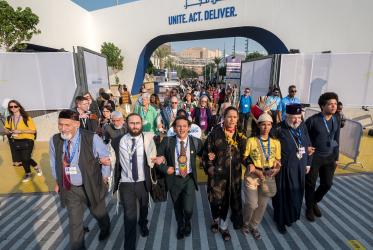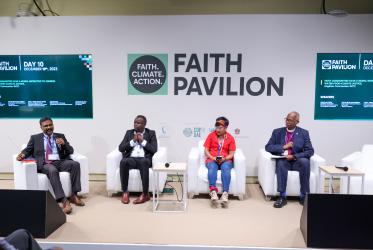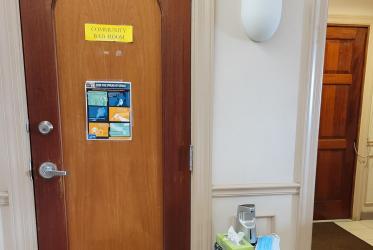Displaying 1 - 20 of 91
UN water summit: how we can make a difference
20 March 2023
Seven Weeks for Water 2023 takes global approach
22 February 2023
Water as a divine gift, and justice issue
08 September 2022
Reflect on Seven Weeks for Water at upcoming WCC webinar
31 March 2022
“Bathroom ministry” for the homeless
14 December 2021









